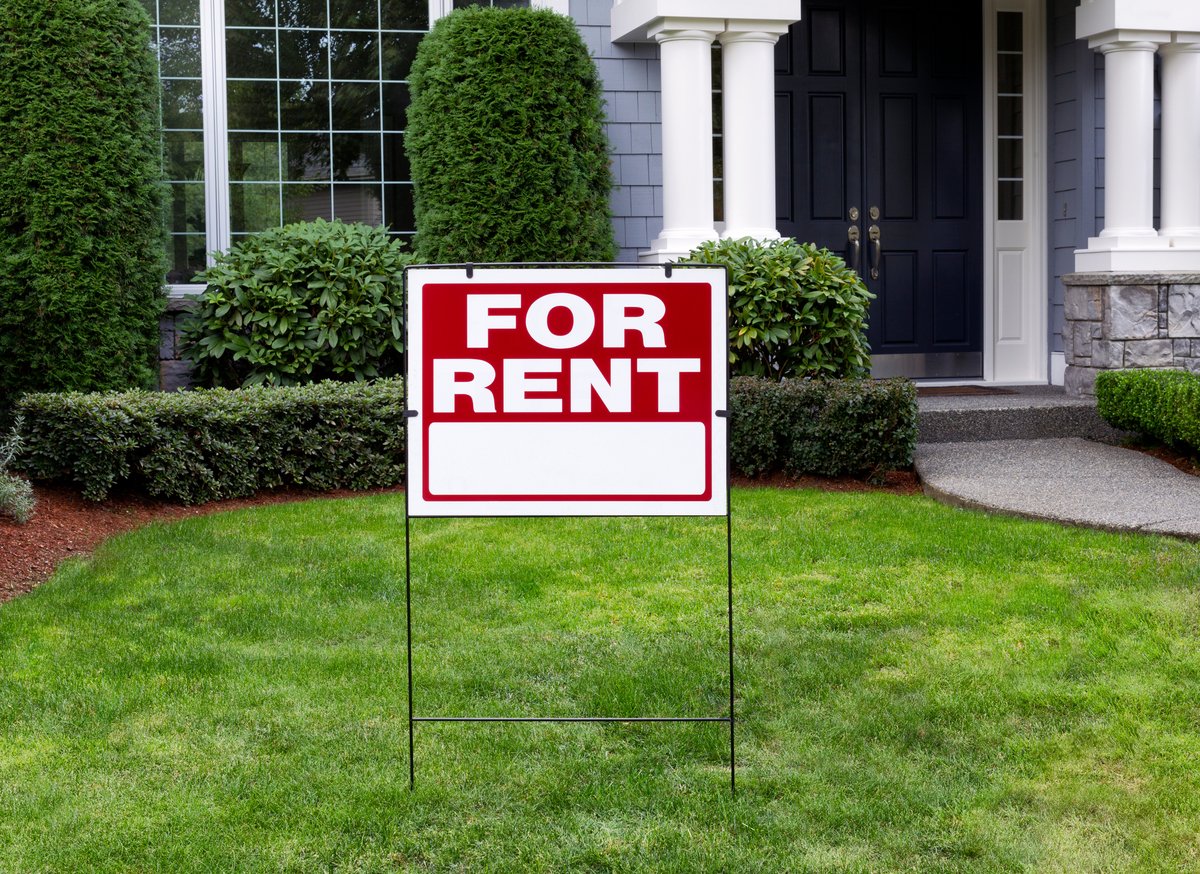A one-time investor darling, prominent real estate investment trust Realty Income (O +1.14%) hasn't been a sweetheart in the stock market lately. The company's shares are down by more than 10% so far in 2018, and by nearly 15% across the past year.
What's driving the declines? Most likely, investors are concerned that steadily rising interest rates will make REITs less attractive. On top of that, many investors are bearish on the future of the bricks-and-mortar retail segment Realty Income specializes in. Yet as I see it, the company's weakened share price could make it a compelling buy.

Image source: Getty Images.
Realty Income in detail
Realty Income shouldn't take the investor cold-shoulder too personally. After all, it's not the only retail REIT that's had to cope with a price drop. National Retail Properties (NNN +1.02%) and GGP (GGP +0.00%) are also down by early double-digit percentages over the past year, while Kimco (KIM +1.35%) has shed nearly 35% of its value.
In terms of fundamentals, though, Realty Income is as solid as it's ever been. The company's just-released Q4 and fiscal 2017 results were typically impressive, with total revenue coming in 10% higher on a year-over-year basis to just over $1.2 billion for the latter period. Adjusted funds from operations, the most important profitability metric for REITs, saw a 14% improvement to almost $839 million, or $3.06 per share.
Those growth rates are particularly compelling given how long Realty Income's been on the scene -- 49 years and counting. Operators that are this established usually grow at a much slower pace.
A clutch of acquisitions helped drive that growth. The REIT spent $1.5 billion last year on buying new property, which is a lot even for this active acquirer. The combination of a sky-high occupancy figure of over 98% at the end of the year, plus rent increases baked into its standard long-term leases, also played an important part.
Looking forward, although Realty Income is expecting more modest growth, it's still predicting increases. It's estimating an improvement of 3% to 5% in per-share adjusted funds from operations compared to 2017, on occupancy that should remain at around 98%. It also plans to spend $1 billion to $1.5 billion on acquisitions.
Meanwhile, that slump in the share price has lifted the most important figure for many investors in Realty Income -- and REITs generally, come to think of it: the dividend yield. Like its fellow shunned retail REIT peers, the yield is now in hard-to-ignore territory:
O Dividend Yield (TTM) data by YCharts
Also, Realty Income famously pays its distribution on a monthly basis, as opposed to the standard quarterly timetable that Kimco, National Retail Properties, and GGP maintain. Investors only have to wait weeks instead of months to get their money.
Resilient bricks and mortar
To an extent, investors are right to fret about the future of brick-and-mortar retail; online shopping is certainly drawing customers away from traditional stores.
But as my colleague Matt Frankel points out, Realty Income's client base consists overwhelmingly of retailers that are resistant to these developments -- supermarkets, off-price clothing and home-goods stores, fitness centers, and the like. Realty Income's persistently high occupancy rate shows how sturdy these types of businesses are.
So in short, I feel that the trading down of Realty Income stock is based on nerves and panic, not a sober appraisal of the REIT's fundamentals. I've generally been bullish on the company over the years, and this recent performance cements that view. Particularly on this depressed share price, I'd say the stock is very much a buy.








